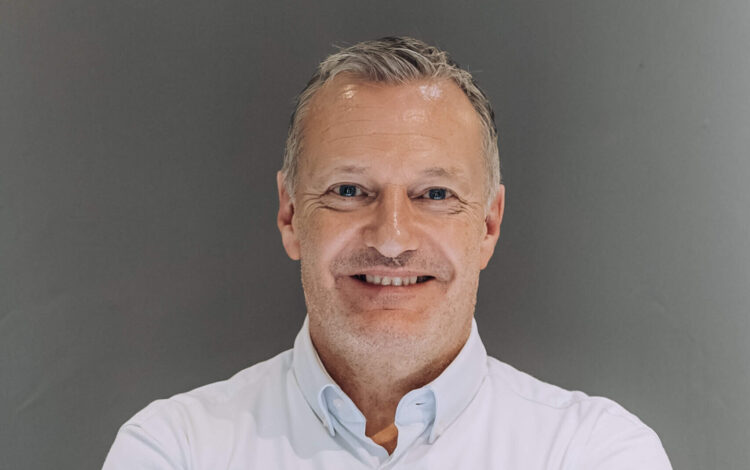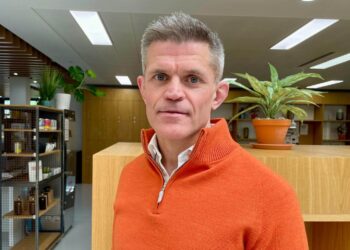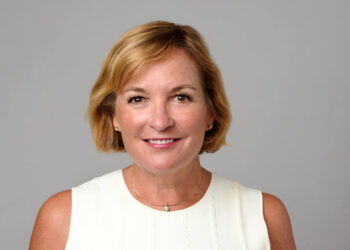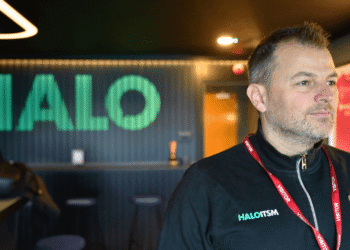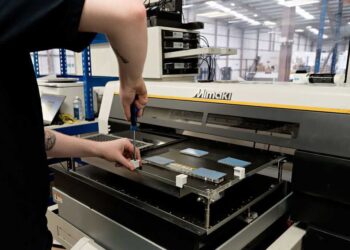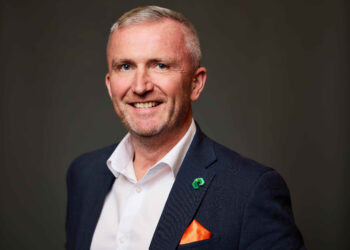Wavenet’s acquisition of Daisy Corporate Services presents an “immediate and very obvious” opportunity thanks to their opposing strengths in cybersecurity and cloud, respectively.
That’s the message of CRO Mark Phillips, who told IT Channel Oxygen the two brands are set to complete their integration by 31 March 2025.
Wavenet in May announced plans to create a £500m-revenue business with 2,000 staff and 22,000 customers by acquiring Daisy CS.
Cloud and cyber cross-pollination
Talking to IT Channel Oxygen, Phillips said Daisy CS scales Wavenet among “true enterprise-class customers”, complementing Wavenet’s 200-to-5,000-seat stomping ground.
But the duo also bring contrasting capabilities to the table, he claimed.
“Daisy had a very scaled and capable cloud business, predominantly on technologies like VMware and HPE in the private cloud area, and also Azure in the public cloud.
“While Wavenet had a couple of hundred customers in that space, it wasn’t as scaled as Daisy.
“That gives us a great opportunity now to sell that additional cloud capability to all of those Wavenet customers.
“Conversely, Wavenet had a much more scaled cyber business than Daisy did.
“If you look at growth opportunities for the whole market, cyber and cloud would feature in everybody’s top five. So the fact we can scale cyber in one direction and cloud in the other gives us an immediate, very obvious set of things to focus on as we combine the two businesses together.”
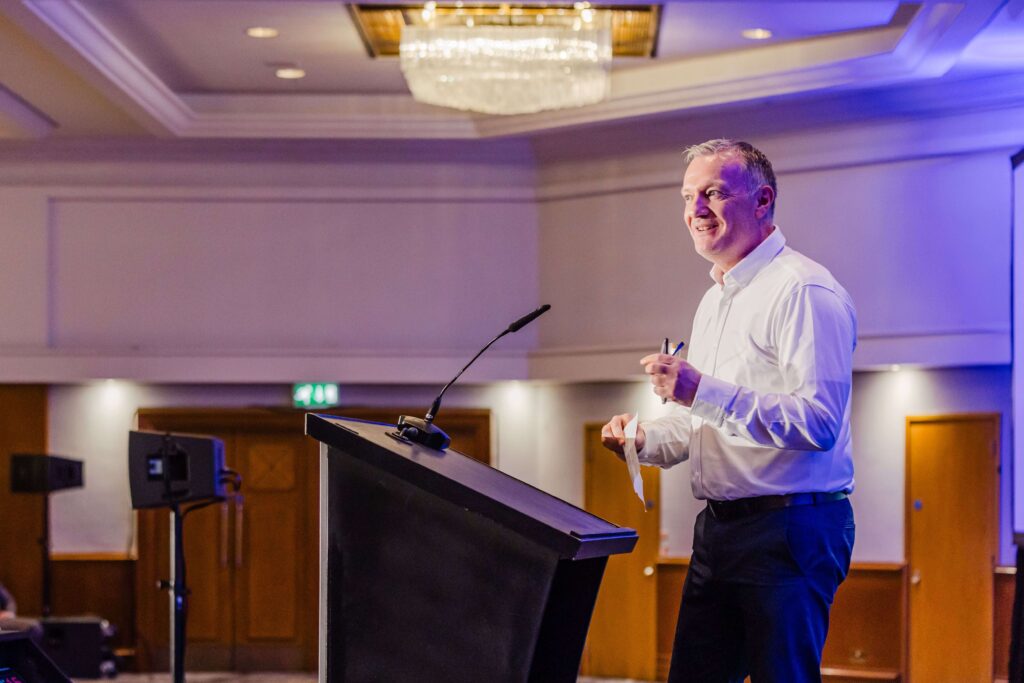
Are there any activities the enlarged business is discontinuing or downsizing?
Wavenet is “not necessarily closing down,” but, rather, “reducing” in certain commoditised areas of its portfolio, for instance around “some aspects of traditional connectivity”, Phillips responded.
“It’s just a question of making sure we’re ramping down and ramping up in line with demand in the marketplace,” he said.
Mind out for March
The Wavenet-Daisy deal goes down as one of the biggest UK partner M&A moves of 2024, alongside Advania’s acquisition of CCS Media and Focus Group’s unicorn-making takeover by Hg. Wavenet ranked 32nd in Oxygen 250 2024, with the wider Daisy business sitting in 11th (see a rundown of 2024’s most acquisitive VARs and MSPs here).
Despite their similar stature, Wavenet will complete its integration of Daisy CS from a people, process, systems and branding perspective by 31 March, Phillips revealed.
“We’re about halfway through that journey at the moment,” he said.
“The majority of Wavenet’s presence was Midlands looking south, whereas the Daisy organisation is a lot more of a northern-based business. There are some opportunities to reduce office space, but it’s not that significant.”
The combined business counts Microsoft, Extreme Networks, Fortinet, Content Guru, Five9 and 8×8 among its top-ten vendors, Phillips revealed.
“With a lot of our vendors, we may have been number two or three separately, but all of a sudden we’re now their biggest partner,” he said.
“It’s meant we’ve dramatically increased our economies of scale with some of the partners, and also increased our leverage – certainly a lot of them are now even keener to be putting in place joint go-to-market plans with us.”
Marriage of equals?
In July it was announced that the enlarged business would operate under the Wavenet banner and be led by existing Wavenet CEO Philip Grannum (with Daisy CS Neil Thompson exiting).
Wavenet backer Macquarie Capital became the largest shareholder (with Daisy Chairman Matthew Riley and other existing Daisy shareholders retaining a minority stake).
A new exec line up announced in October is also dominated by former Wavenet leaders (including Phillips himself).
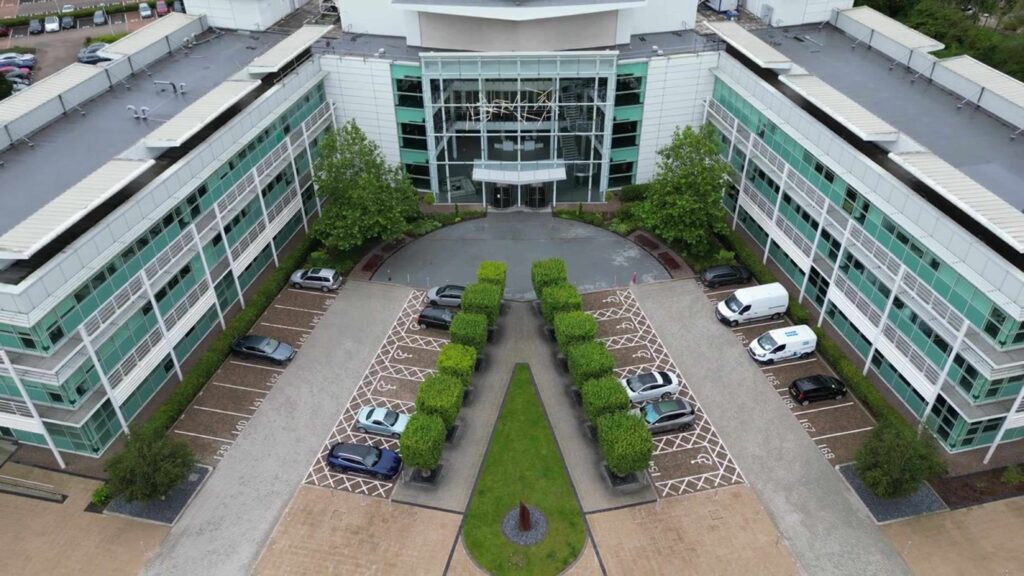
So to what extent should the deal been seen as a plain acquisition rather than a marriage of equals?
“If you looked at it from a financial perspective, it’s an acquisition. But if you looked at it in terms of the practicalities of bringing the two organisations together, it’s much more like a merger,” Phillips said.
“That’s because we were roughly of equivalent size, and because there were a lot of things in the Daisy business that were more advanced or more mature than they were within Wavenet.”
This includes Daisy’s cloud and operational resilience capability, the latter of which Phillips said Wavenet didn’t previously possess.
“And also the team structure. Daisy had a much more mature specialist sales capability than we had, for example,” he added.
The combined company can offer a broader set of capabilities to customers, Phillips claimed.
“I think that’s really exciting for customers, who are typically working their way through a number of inflexion or disruption points,” he said.
“If we can drive those economies of scale and that broader ecosystem, without losing any of the empathy or flexibility that made us extremely competitive as standalone businesses, that’s the benefit of what the new combined business offers.”
Doug Woodburn is editor of IT Channel Oxygen


